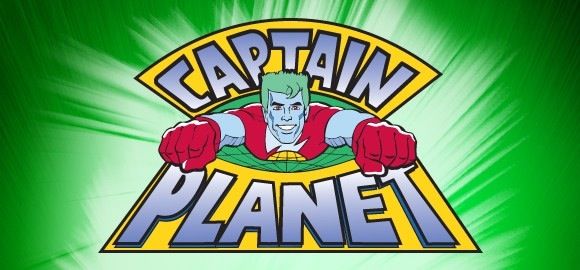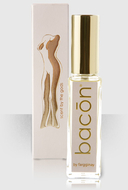Hey L’oiseau, thanks for the clarification!

Nothing wrong with burning fat and food wastes in the fire either - just as long as its totally burned up. A hot sustained fire will totally oxidize bacon fat. So tending one’s fire to ensure its all burned is an important skill and practice. Having a big post-cooking fire will also burn up all the bits of grease splattered around the fire rocks. Cleanse with fire! I am sure many of us have come upon campsites with partially burned food, which is inconsiderate for those who come after one. (I burn plastic bags too, guilt free)..
For some dense carby foods like bannocks and pasta, etc, it can be quite hard to burn, since in my experience it tends to carbonize on the outside which forms a shell. One has to really crank up the BTU’s to get those partially burned food blobs to fully burn to ash, especially when they are water laden. I recall as a kid down south on one of my first solo trips a long time ago, partially burning some food in the fire, then going to bed, and having to deal with a midnight raid from a raccoon gang that tore up the pit to get at it. What a racket and a mess! I made sure after that event never to leave unburned food again.
One of the tripping styles I preach is always thinking about the folks to follow in our tracks, and leaving the campsite clean and with as little wear and tear as possible, a wood supply for the next camper, tent rocks piled to the side off the soft feathermoss bed, etc. That also includes practices like minimizing my impact for leaving bear and other critter attractants. Never feeding the chipmunks and squirrels like you mentioned is part of that practice. A fed squirrel or chippy who is no longer afraid of people will lose no time in chewing through packs.
I do my part to do trip route maintenance, such as trimming blowdown off portages and tent areas, and treating campsites as
sacred ground. Sacred ground for sure. Campsites in the rugged, densely vegetated Canadian Shield country are a rare feature where its flat and clear enough for some tents, clear water, and a landing. They are major values to be cherished, protected, and maintained.
By all means cook fish, bacon, whatever. I do. I only ask that folks be careful and considerate about how they do this, and always think about the next people to use the site. I have come across campsites where all the fish guts were dumped out front in the swimming and drinking water gathering area, and some had washed up on shore or been dragged up by the gulls. Human waste only a few feet from tent pads, etc. Its disgusting. Garbage, etc. We have all seen the spoiled sites. Its a crime against sacred ground. That next person might be an impressionable young person on their first trip, and a good camping experience on “your” site, may change their lives forever. If we never train up bears to visit sites and get a food reward, we help those who follow.
In science we always say we stand on the shoulders of giants. In canoe tripping, we stand on the shoulders of our ancestors who found the way, cut the trails, made the campsites, made the maps, and passed on their skills and knowledge to the next generations.
P.S. Non-phosphate soaps and detergents are not bad at all. They are good. They don’t have the limiting macro nutrients (NPK). They are truly bio-degradable, and before they are eaten by bacteria they are not toxic either since they disperse immediately in lake water. UV and bacteria make quick work of it. Canoe trippers in big lakes and rivers have no effect washing with tiny amounts of weak detergents like Campsuds. The urban myth that bacteria do not live in water and eat Campsuds is also kind of bizarre. Think about your septic tanks and local sewage treatments plants – its all aqueous! Soil bacteria actually live in films of water also..... In tiny mountain streams where all folks down steam get their drinking water, then yes keep it out because the volume is so small. But in big lake and river systems, its not a pollutant because the system actually deals with it, just like it does with all the dead leaves, pollen, animal poop, fish poop, dead fish (old fish go to die in the water, except when they are caught by predators and hauled up on land and later pooped out there. But then it rains.....



